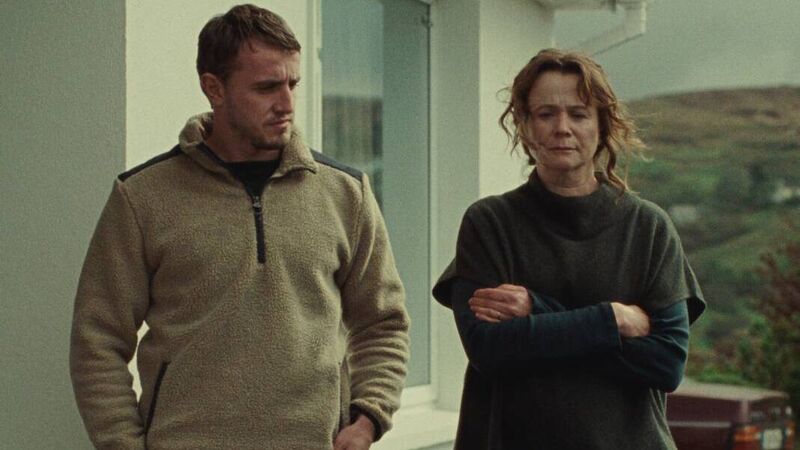Maeve Higgins: We have to face up to rape culture and misogyny in Ireland

Emily Watson and Paul Mescal in a scene from 'God's Creatures', a new film set in a fictional fishing village in Kerry.
"Sometimes you need an outsider to see a world like this, a world that we know very intimately."
Shane Crowley, a young screenwriter from Killorglin, Co Kerry, said that on stage at the Cannes Film Festival last month. Crowley was interviewed after a screening of , a new film set in a fictional fishing village in Kerry.












